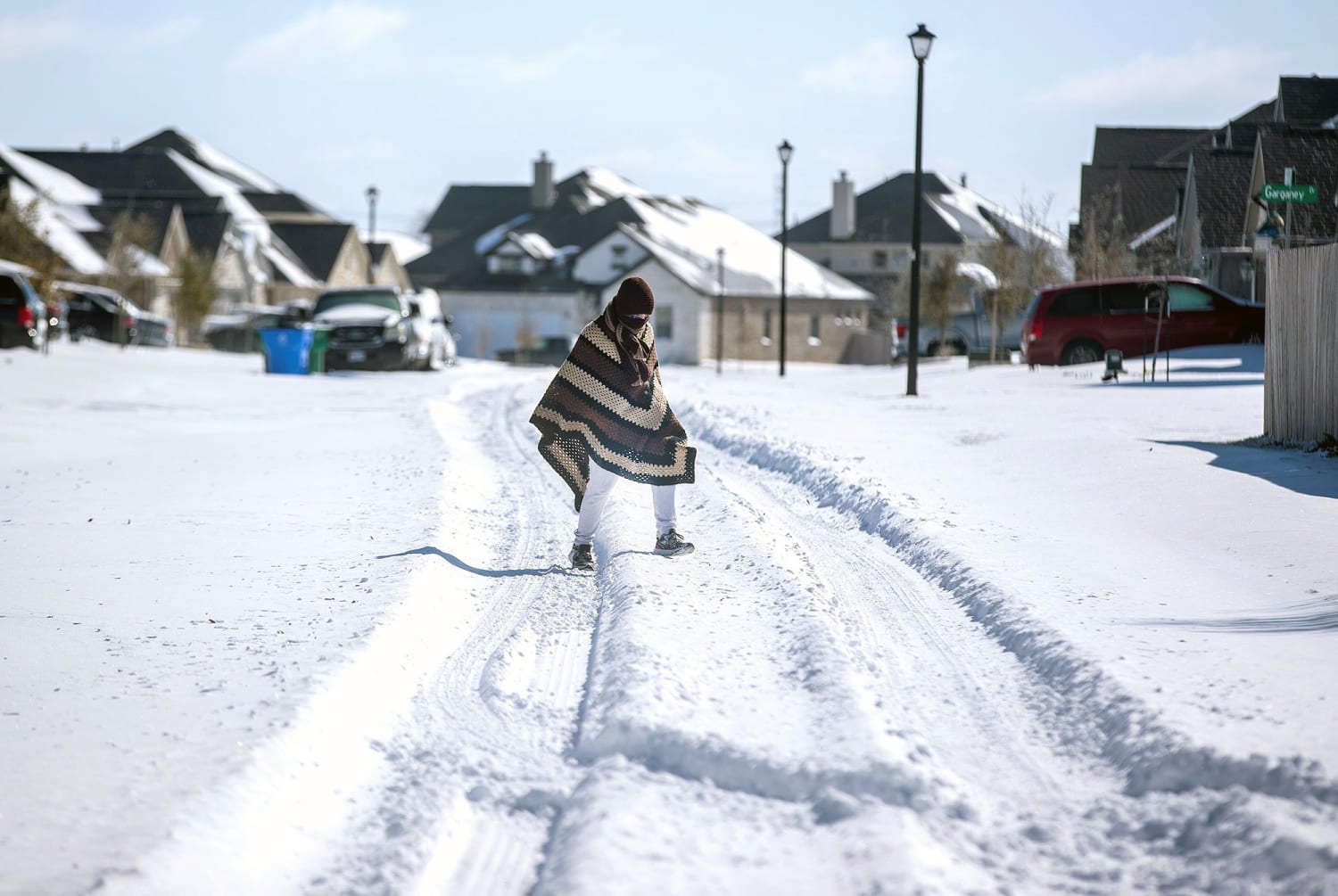Texas attorney general Ken Paxton said Griddy Energy will forgive the more than $29 million owed by customers in unpaid bills.
Paxton, who sued the energy company earlier this month, said he wanted to “hold them accountable” in last month’s historic winter storm which left millions of Texans without power during subfreezing temperatures.
As people struggled to survive the storm, Griddy debited “enormous amounts from customer accounts,” Paxton said in a statement Tuesday. He had filed a lawsuit against the company under the Texas Deceptive Trade Practices Act, but dropped the suit in exchange for the company working in “good faith” to resolve the unpaid bills.
“I ensured that Griddy’s proposed bankruptcy plan takes an important step forward by offering releases to approximately 24,000 former customers who owe $29.1 million in unpaid electric bills,” the attorney general said.
“Griddy and my office are engaged in ongoing good faith negotiations to attempt to address additional relief for those Griddy customers who have already paid their storm-related energy bills.”
Griddy — which provides wholesale pricing to its customers for a $9.99 monthly fee — said in an online statement Monday that it filed for Chapter 11 bankruptcy, placing the blame on the Electric Reliability Council of Texas, or ERCOT.
ERCOT manages power for about 90 percent of the state’s electric load and when the winter storm hit, energy usage soared. ERCOT set prices at $9,000 per megawatt hour, according to Griddy, while the seasonal average is $50 per megawatt hour.
The spike in prices left many Griddy customers with bills totaling hundreds, and sometimes thousands, of dollars.
“The actions of ERCOT destroyed our business and caused financial harm to our customers,” said Griddy CEO Michael Fallquist in a statement. “ERCOT made a bad situation worse for our customers by continuing to set prices at $9,000 per megawatt hour long after … instructions had stopped. Our customers paid 300 times more than the normal price for electricity during this period.”
The company said that filing for bankruptcy will help it reorganize. ERCOT did not immediately respond to a request for comment.
Paxton said earlier this month that Griddy “misled Texans” and signed them up for wholesale energy services “which, in a time of crisis, resulted in individual Texans each losing thousands of dollars.”
One customer, Jose Del Rio of Haltom City, previously told NBC News that he had been charged $630 for his vacant two-bedroom home and still owed $2,600. Del Rio said his lights were off, but he kept the air at 60 to prevent the pipes from freezing.
His bill is usually no more than $150 a month and when he contacted Griddy he was told to switch providers, he said.
Another customer, Royce Pierce and his wife Danielle, said in a matter of days their bill had climbed to nearly $10,000 for their three-bedroom home. The Willow Park couple told NBC News last month that Griddy automatically debits the bill from their card and they had to close the card because the company wiped it out.
On Tuesday, Gov. Greg Abbott said that he asked for and accepted Texas Public Utility Commissioner Arthur D’Andrea’s resignation. D’Andrea was appointed to the role on March 3, days after former chair DeAnn Walker stepped down.
The commission is responsible for regulating the Texas power grid and has faced criticism over its handling of the February storm.
Source: | This article originally belongs to Nbcnews.com











